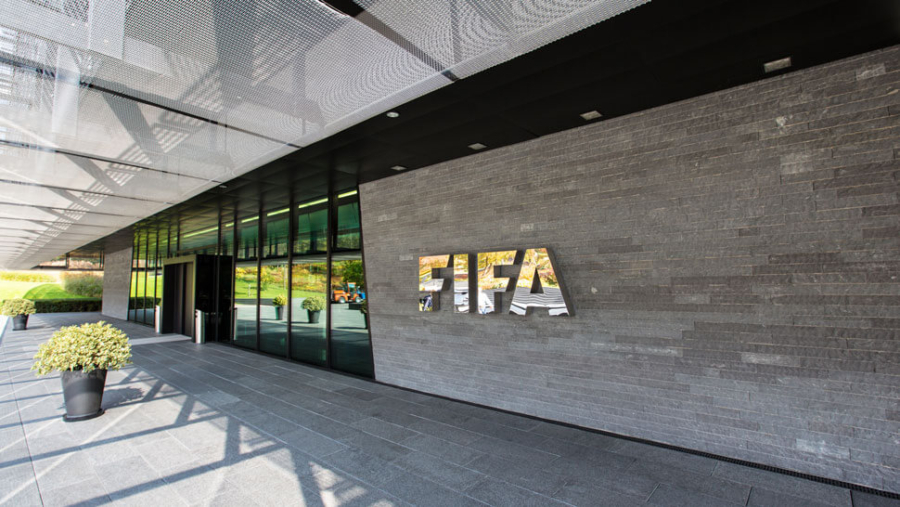

Agents’ fees
Recent figures showing that the Premier League paid more than £500m to agents in the last year alone have led FIFA’s Football Stakeholders Committee (FSC) to approve plans to limit the fees which agents may charge, and place a ban on dual representation to avoid conflicts of interest.
The proposals were approved at the FIFA Council meeting in Shanghai in October last year, and are now being developed into regulations in consultation with the football stakeholders and agents’ representatives. While it is possible these regulations could be in force for the 2020-21 season, it is more likely they will take effect for the 2021-22 season.
The new regulations
The most notable change is the introduction of a cap on agents’ commissions.
The existing provisions under the current “FIFA Regulations on Working with Intermediaries” set a recommended or soft cap of 3% on agents’ commissions, although this is rarely adhered to in practice.
Contact our Commercial team now.
Under the new restrictions, fees for agents of a selling club will be subject to a hard cap of 10% of the transfer fee for the player.
Fees for players’ agents and agents of the buying club will also be capped at just 3% of the player’s remuneration.
New restrictions on dual representation are also being introduced. Agents acting for a selling club will be prohibited from acting for other parties to a deal. Acting for both a player and a buying club in a transaction will still be permitted, provided prior consent is obtained, in which case agents may earn 3% commission from each party.
Competition in the market for agents
The Association of Football Agents (AFA) have been threatening legal action over the new restrictions since they were first announced, on the basis that interference with an agent’s right to freely negotiate their own commission with a player or club is “anti-competitive and unlawful”.
Opponents of the restrictions contend that the football agent market is highly competitive and there is no reason to object to profit maximisation in the absence of collusion. If an agent increases their prices, and players and clubs are still willing to pay high levels of commission, this is arguably good competition working as it should.
Other objectors argue that the cap will distort competition by cutting the margins of smaller agents operating in the lower divisions down to unsustainable levels, resulting in an increased market share for larger agents that work predominantly with Premier League clubs and other leading European clubs. This analysis is supported by FIFA’s statistics which show that 54.9% of the total amount paid by clubs to intermediaries between December 2012 and 2018 came from just 6.3% of all transfers.
The new restriction on dual representation stems from a desire to limit disproportionate agent fees on high profile transfers and to prevent the flow of money out of football. In 2016, Mino Raiola earned £41m from the £86m transfer of Paul Pogba from Juventus to Manchester United by acting for both clubs, prompting West Ham’s David Gold to accuse football agents of “sucking tons of money out of football”.
Such sentiments explain why FIFA has focused on tackling both levels of commission and dual representation simultaneously. However, given that only 1% of transfers from January 2013 to December 2018 would have been prohibited under the new dual representation restrictions, it can hardly be said that the restrictions will have an appreciable impact on competition in this respect.
In practice, it is difficult to envisage a scenario in which the AFA could mount a successful challenge to the new regulations, though any litigation in this area would be watched closely by the legal and sporting communities with great interest.










